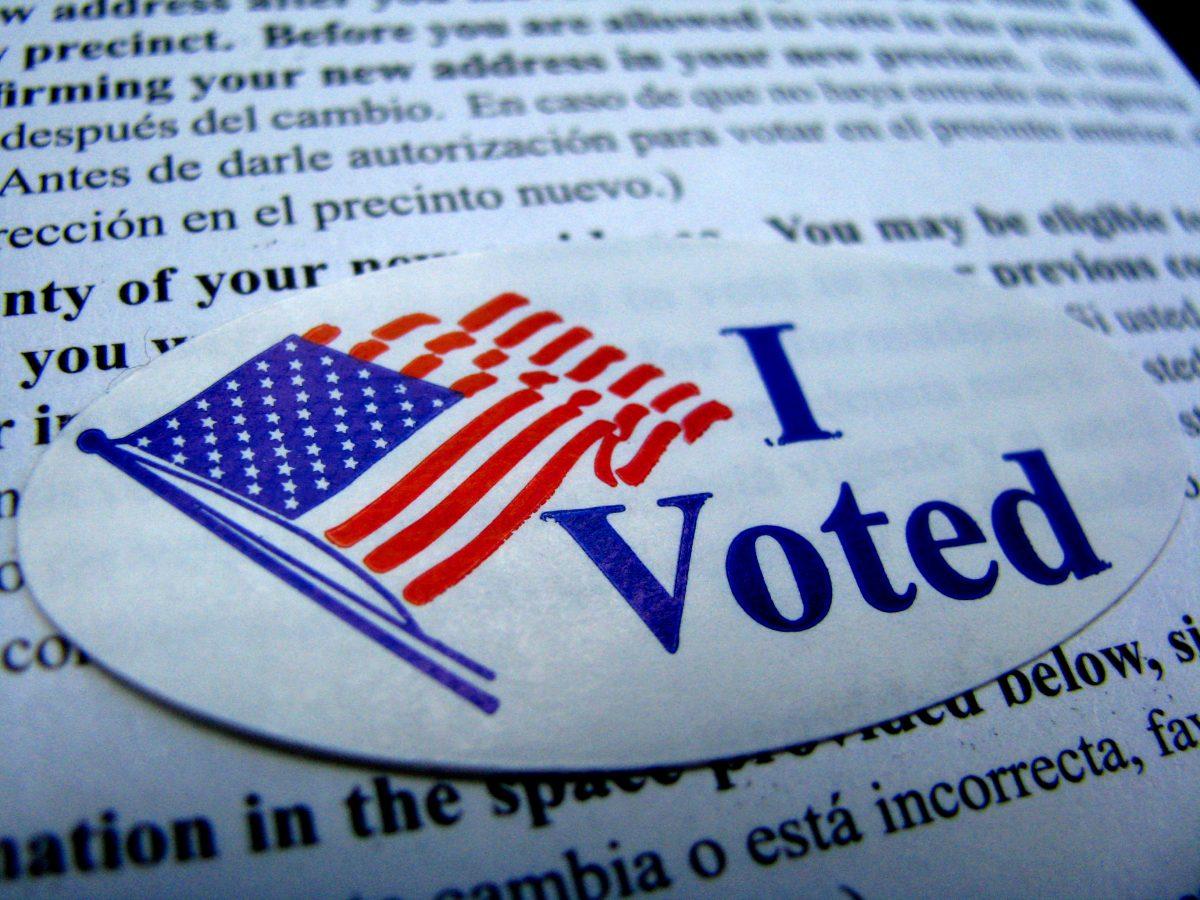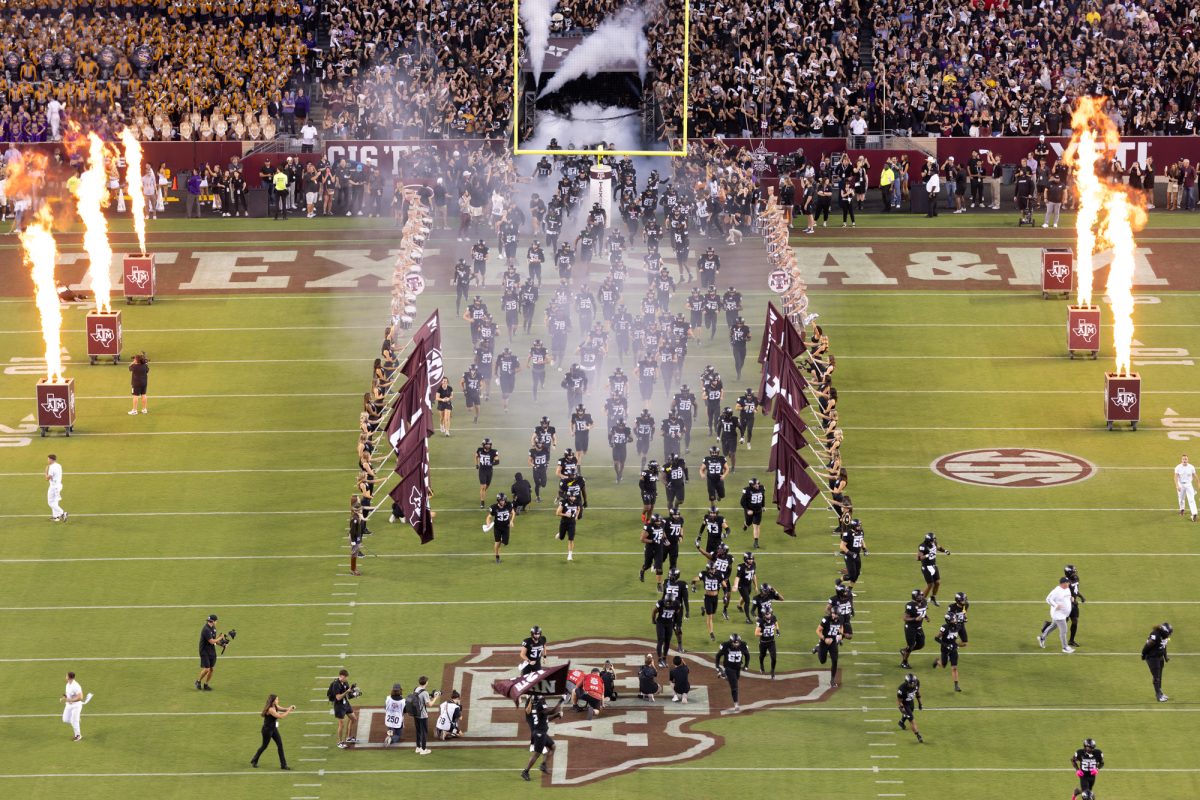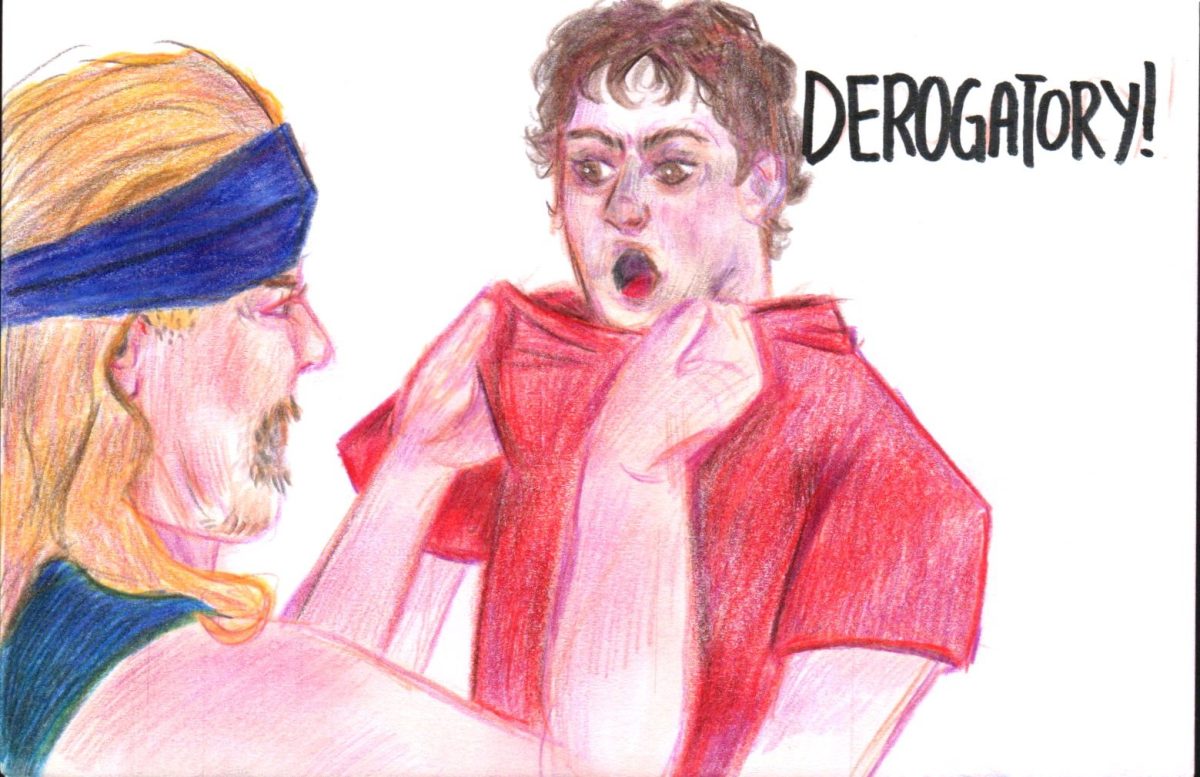The City of College Station is up to no good again — shocker, right? Let me explain what they’re up to this time and why it’s bad news for the Aggie community.
During the Nov. 2 uniform election, several amendments will be on the docket. All are important; however, one deserves special attention — charter Amendment No. 3.
Simply put, this proposition would move local elections to odd-numbered years. On the surface, one might think this change is no big deal. Unfortunately, this amendment is troublesome for a couple of reasons.
To start, voter turnout is exponentially lower in odd-numbered years. This fact is true nationwide, but especially in College Station. For perspective, there was a 70.4 percent turnout rate in the 2020 election. In 2019, there was a mere 5.89 percent turnout, a near 65 percent difference. Some may argue turnout was only so high in 2020 because of the contentious presidential election, which is fair.
But just for fun, let’s take a look at the comparison between the 2018 and 2017 elections. In 2018, 56.89 percent of registered voters turned out to vote, while in 2017, only 8.71 percent of voters showed up to the polls. There is a common, obvious trend here. People just don’t show up to vote on odd-numbered years like they do on even numbered ones.
The main reason there is such a staggering difference in civil engagement is because federal elections are held on even years. And let’s not sugar coat it — most people are more interested in voting for federal representatives than they are local ones.
Some will argue the previous point is exactly why we should have elections on odd-numbered years. They believe it will bring more attention to local elections. Sadly, this sentiment is just wishful thinking. As the old saying goes, “numbers don’t lie,” and the data proves that statement true.
The next point which deserves the limelight is the election cost. Cash rules everything around us, including elections. In a city council meeting, College Station City Secretary Tanya Smith pointed out in even numbered years, elections cost around $90,000 to organize. However, that sum is divided up by other entities. So, the city isn’t the only one picking up the check. If elections were held on odd-numbered years, paying a small fraction of the bill would largely not be the case, therefore putting a high price tag on low civil engagement.
There is one important point that must be addressed before we part ways, though.
Some local residents have accused the council of making this decision as an act of voter suppression. Everyone gets passionate about politics, but throwing out terms like “voter suppression” is dangerous and should be done carefully. This mentality is especially important considering everything that occurred in our last presidential election. To be completely candid, you cannot call something voter suppression when there is quite literally an election to vote on the amendment, full stop.
The residents of College Station need to get out and vote against this charter amendment. Certain council members and residents have good intentions in wanting election years moved. However, the cons heavily outweigh the pros in this situation, which is why this amendment must not pass. Any government entity’s goal should be increasing civil engagement to its highest potential. Amendment No. 3 would do the exact opposite.
Get out and vote on Nov. 2. College Station has missed the mark in the past. Let’s not let it happen again, Ags.
Sam Somogye is a political science senior and columnist for The Battalion.
Odd election years, uneven playing field
October 6, 2021
Photo by Creative Commons
Voting Locally
0
Donate to The Battalion
$1865
$5000
Contributed
Our Goal
Your donation will support the student journalists of Texas A&M University - College Station. Your contribution will allow us to purchase equipment and cover our annual website hosting costs, in addition to paying freelance staffers for their work, travel costs for coverage and more!
More to Discover
















